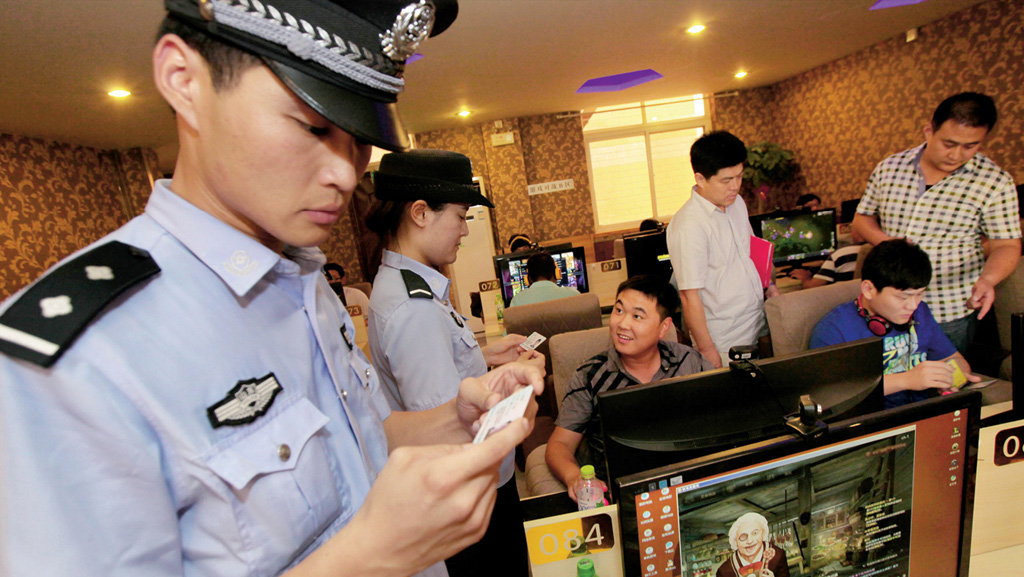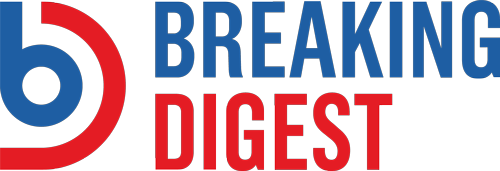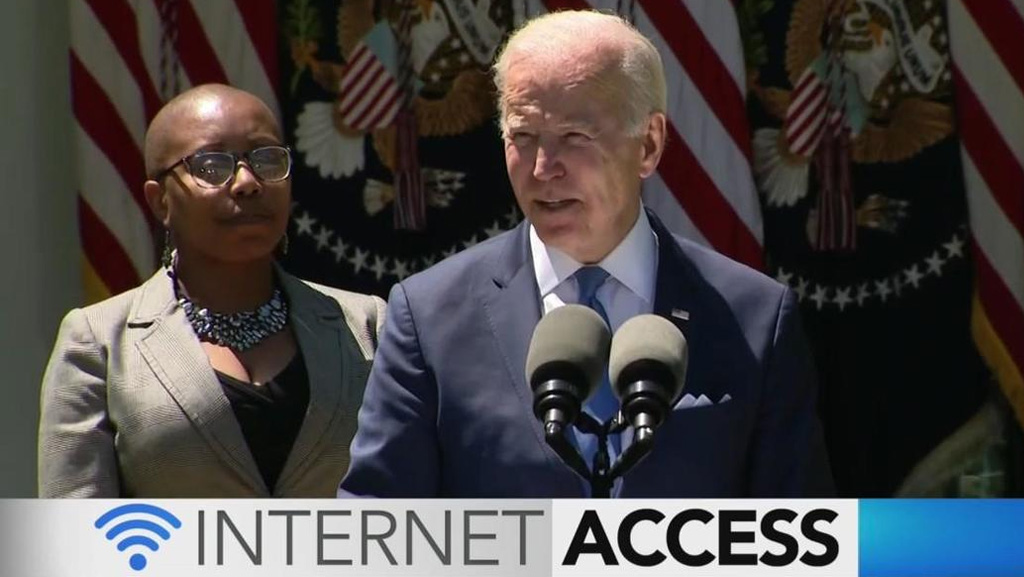“The Biden-Harris Administration is committed to removing barriers to high-speed, affordable internet access. Thanks to the “The Biden-Harris Administration is committed to removing barriers to high-speed, affordable internet access. Thanks to the Bipartisan Infrastructure Law, millions of families who previously could not get online or struggled to pay for this modern-day necessity are now connected.” reads a White House statement celebrating a new 10 million households connected to The Internet. The Affordable Connectivity Program (ACP), funded by Biden’s “Bipartisan” Infrastructure Bill, aims to provide low-income Americans with standard broadband connection in concert with private, third-party providers at a reduced cost. ACP applicants are admitted if they meet certain criteria, such as enrollment in SNAP, Medicaid, SSI, FPHA, or other government subsidized programs. Once enrolled, participants can verify their eligibility, notify their Internet provider, and receive credits to their bill. Other benefits participants enjoy are a $100 laptop credit. In some cases Internet connection is free of charge.
Indeed, thousands of Americans are not connected to an essential part of the modern economy: The World Wide Web. Lack of access more than likely hinders these Americans from scaling up the tax-bracket. But while the ACP may be well-intended, or appears so on the surface, this model of Internet infrastructure opens the door for Orwellian consequences. The ACP eerily similar to the Internet infrastructure of the Chinese Communist Party (CCP) whose hold on information transmission embodies Orwell’s “Ministry of Truth” in 1984.

Credit: Ji Zhe/Imaginechina/AP Images
When The Internet hit mainland China the CCP understood the new technology meant citizens could now freely transmit information between one another. While a free-flow of information was a threat to their sovereignty, the CCP understood The Internet had the capabilities to bolster their lagging economy. To utilize the technology, while controlling unwanted information transmission, a three-tier infrastructure model was adopted to delegate responsibility in a top-down fashion. This model ensures inter-group competition all the while keeping information under the CCP’s gaze.
There are only four providers in China who have access to the full Internet. These providers are granted “interconnecting” licenses from the CCP, which grant access to censored sites and foreign communication. Each provider has an intimate relationship with CCP government branches. The Ministry of Education oversees CERNet and CSTNet is under the Chinese Academy of Science. ChinaNet and ChinaGBN are held by the Ministry of Information. Much of the information responsibility is delegated to these four providers.
The four providers issue “access networks” to smaller Internet providers across China. Lower down the rungs of the responsibility hierarchy, China’s Internet economy starts to appear similar to that of a Western free-market. However, these “access networks” are unable to access many websites as decreed by the four larger providers, and, by proxy, the CCP. “Access networks” can compete with one another in a market-economy, albeit restricted.
Because the CCP is sovereign over information transmission via their top down governance structure, Internet access can be shut-off on a whim. The CCP shut-off Internet access to the Xinjiang region from July 2009 to May 2010 (almost an entire year) after the Uyghur people rioted against the CCP. Xinjiang is home to internment and forced labor camps where the Uyghur people are held against their will. Some publications have reported Uyghurs have been forcibly sterilized in these camps.

The same measures were employed during the 2008 Tibetan unrest, a series of demonstrations in protest of years of human rights violations the CCP inflicted on the Tibetan people. The Guardian reports cell-phone signal and all Internet connections were ceased within 30 miles of an area where Tibetans were shot and killed. Along those lines, citizens are regularly cut off from information contrary to their government’s vision. Certain news stories reporting on China’s mishandling of COVID-19 are censored. Some of the most universal sites in the world aren’t accessible to Chinese citizens, like YouTube, Instagram, Twitter, and Reddit. Chinese citizens circumvent the fire-walls via VPNs, though the CCP has begun to post the IP addresses of people attempting this to prevent “bad behavior”.
Even more concerning, information is cut off from Chinese citizens in tandem with propagandization. Recent examples can be drawn from the CCP’s “reporting” on Russia’s invasion of Ukraine. Earlier this year Ukrainian citizens were killed by Russian artillery fortified with metal shrapnel. CCP-owned media, however, reported it was Ukrainian citizens who fired the metal-ridden artillery, not Russian forces. Information outlets were instructed by the Chinese Cybersecurity Agency to only publish stories viewing Russia and Putin in a positive light according to an internal memo published on accident by Beijing News. The outlets should “publish neither information favorable to the United States nor critiques of Russia” according to the memo’s exact language.
Moreover, the CCP has initiated campaigns to convince their citizens the Ughyr internment camps either do not exist, or that the alarms of human-rights violations are exaggerated. Last year a film titled “Xinjiang is a Wonderful Land” was promoted to Chinese citizens that depicted the Xinjiang area as peaceful and conspicuously absent of Islamic influence. The area is nothing like the film’s depiction.
These examples of information control and propaganda are extreme. America enjoys a free-market economy and a wholly different model of Internet infrastructure, though Biden’s ACP program could very well be the harbinger of government monopolized information. The incessant lies coming down from The White House and past scare tactics meant to encourage vaccination doesn’t build confidence the administration has good intentions for information management.
Just this week, The White House press secretary said in response to a question regarding the state of America’s economy, “We understand what they are feeling because when you look at inflation, when you look at where we are economically – and we are stronger economically than we have been in history – when you look at the unemployment numbers at 3.6%, when you look at the jobs numbers, more than 8.7 million new jobs created, that is important.” Which is demonstrably false across every economic measure. The administration is telling the American people their eyes are lying to them. Given their reaching efforts to combat “disinformation” and glaring lies from the podium, there isn’t a coherent reason to doubt Biden’s ACP puts the country on the fast-tract to government information monopoly.




